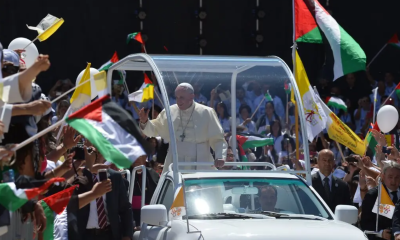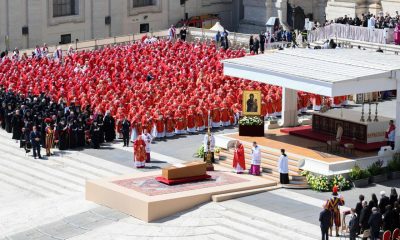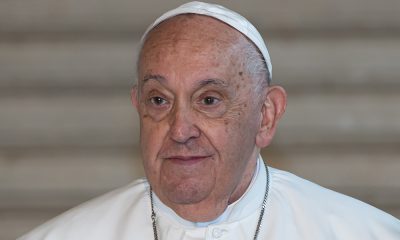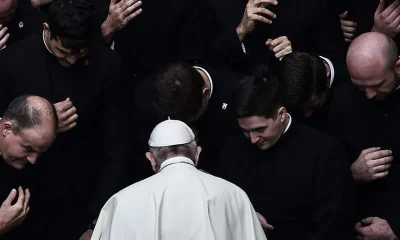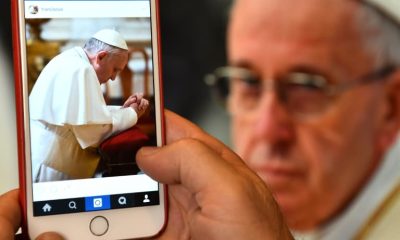News
The Pope: Spiritual Leader and Head of State
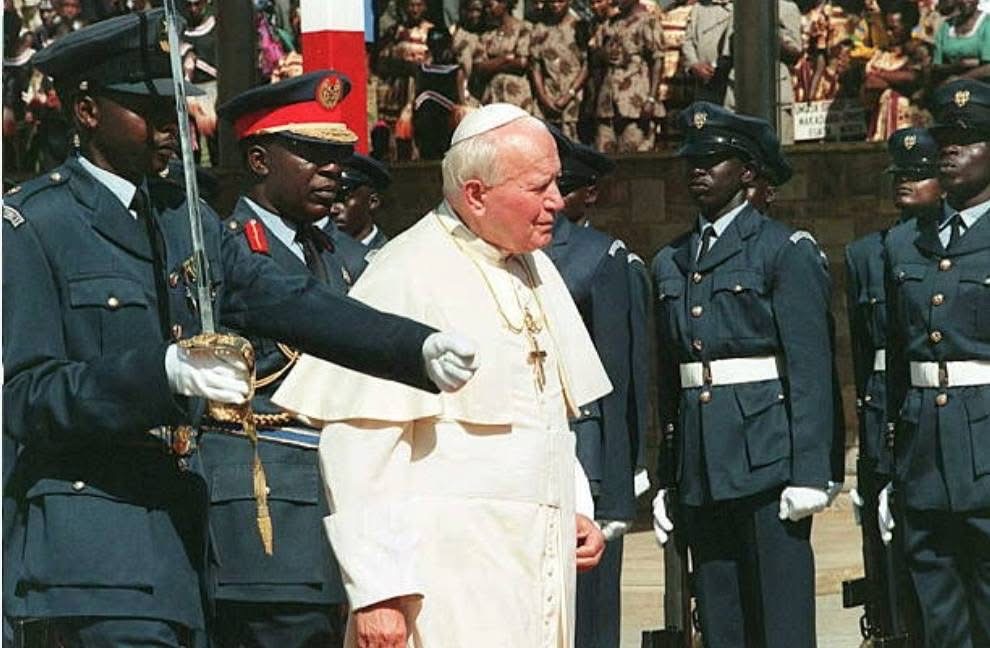
In global diplomacy, the Pope’s dual role as both spiritual leader of the Catholic Church and head of state of Vatican City creates unique responsibilities and relationships with nations worldwide. Recent controversy surrounding diplomatic protocols highlights how this duality is often misunderstood.
The Vatican’s Sovereign Status
The Pope serves as the sovereign of Vatican City State, a position formalized by the 1929 Lateran Treaty with Italy that established Vatican City as an independent state. This 109-acre territory, the world’s smallest sovereign state, operates with all the diplomatic functions of larger nations.
As head of state, the Pope:
– Receives and sends ambassadors (currently maintains diplomatic relations with over 180 countries)
– Signs international treaties and agreements
– Issues passports and postage
– Maintains observer status at the United Nations
Diplomatic Protocols and Responsibilities
When a pope dies, it’s customary for world leaders to send condolences regardless of religious differences, acknowledging the diplomatic relationship between their nation and the Holy See. These messages reflect standard diplomatic protocol between states rather than religious affiliation.
Historical Context: Christianity’s Jewish Roots
The historical and geographical connections between Judaism and Christianity are well-documented. Christianity emerged from Jewish traditions in what is now Israel:
– Jesus was born in Bethlehem and raised in Nazareth, both in present-day Israel
– The first apostles, including Peter (considered the first Pope by Catholic tradition), were Jewish and from the Galilee region
– Early Christian communities developed from Jewish communities throughout the Mediterranean
Understanding the Confusion
The confusion about the Pope’s status as a head of state likely stems from the unique nature of the Vatican’s governance structure. Unlike most nations, Vatican City’s leadership is determined not through general elections but through the Papal conclave, where Cardinals elect the new Pope.
This intersection of religious and political authority creates a distinctive diplomatic entity that doesn’t fit neatly into conventional categories of governance, sometimes leading to misconceptions about appropriate diplomatic protocols.
Kenya Insights allows guest blogging, if you want to be published on Kenya’s most authoritative and accurate blog, have an expose, news TIPS, story angles, human interest stories, drop us an email on [email protected] or via Telegram
-

 Grapevine2 weeks ago
Grapevine2 weeks agoAlleged Male Lover Claims His Life Is in Danger, Leaks Screenshots and Private Videos Linking SportPesa CEO Ronald Karauri
-

 Grapevine1 week ago
Grapevine1 week agoRussian Man’s Secret Sex Recordings Ignite Fury as Questions Mount Over Consent and Easy Pick-Ups in Nairobi
-

 Investigations5 days ago
Investigations5 days agoMulti-Million Dollar Fraud: Three Kenyans Face US Extradition in Massive Cybercrime Conspiracy
-

 News3 days ago
News3 days agoTHE FIRM IN THE DOCK: How Kaplan and Stratton Became the Most Scrutinised Law Firm in Kenya
-

 Economy4 days ago
Economy4 days agoIran Demands Arrest, Prosecution Of Kenya’s Cup of Joe Director Director Over Sh2.6 Billion Tea Fraud
-

 Business5 days ago
Business5 days agoA Farm in Kenya’s Rift Valley Ignites a National Reckoning With Israeli Investment
-

 Business2 weeks ago
Business2 weeks agoM-Gas Pursues Carbon Credit Billions as Koko Networks Wreckage Exposes Market’s Dark Underbelly
-

 Africa1 week ago
Africa1 week agoFBI Investigates Congresswoman Ilhan Omar’s Husband’s Sh3.8 Billion Businesses in Kenya, Somalia and Dubai

